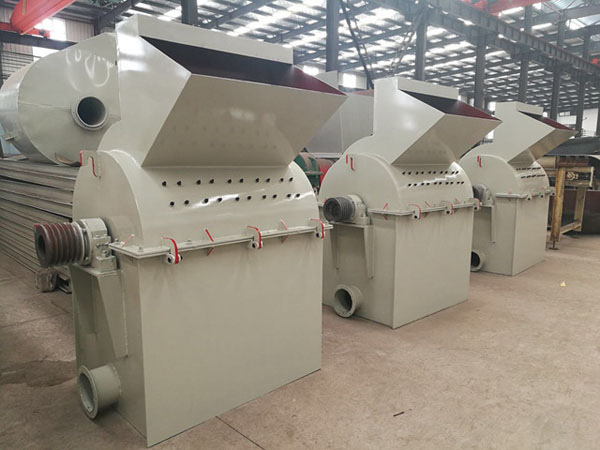A “small crusher” can refer to various types of compact crushing equipment designed for reducing the size of different materials. The specific type of small crusher you need depends on the material you are processing and the intended application. Here are a few common types of small crushers:
- Jaw Crusher:
- A small jaw crusher is a machine designed to crush hard, abrasive materials such as granite, ores, and recycled concrete. It has a fixed jaw and a movable jaw that create a V-shaped chamber for crushing material.
- Impact Crusher:
- Small impact crushers are designed to crush soft to medium-hard materials. They use impact force to break down the material and are often used for recycling concrete or processing small-scale aggregates.
- Cone Crusher:
- Small cone crushers are used for secondary or tertiary crushing of materials. They are suitable for crushing different types of rocks and minerals.
- Hammer Crusher:
- A small hammer crusher is designed to crush materials like coal, gypsum, limestone, and other materials with a compressive strength less than 200 MPa. It uses high-speed hammer impacts to break down the material.
- Roll Crusher:
- Small roll crushers are used for crushing soft to medium-hard materials. They consist of two rotating rolls that compress the material between them.
- Wood Crusher:
- If you are specifically looking for a small crusher to process wood materials, a wood crusher or wood chipper may be suitable. These machines are designed to reduce the size of wood chips or branches.
When choosing a small crusher, consider the following factors:
- Material Type: Different crushers are designed for different types of materials. Ensure that the crusher you choose is suitable for the material you are processing.
- Capacity: Assess the required capacity of the crusher based on the volume of material you need to process.
- Size and Portability: Depending on your needs, you may prefer a compact and portable design for easy transport and use on-site.
- Power Source: Consider whether the crusher is powered by electricity, diesel, or another energy source that suits your operational requirements.
Always follow the manufacturer’s guidelines for proper use, maintenance, and safety precautions when operating a small crusher.
